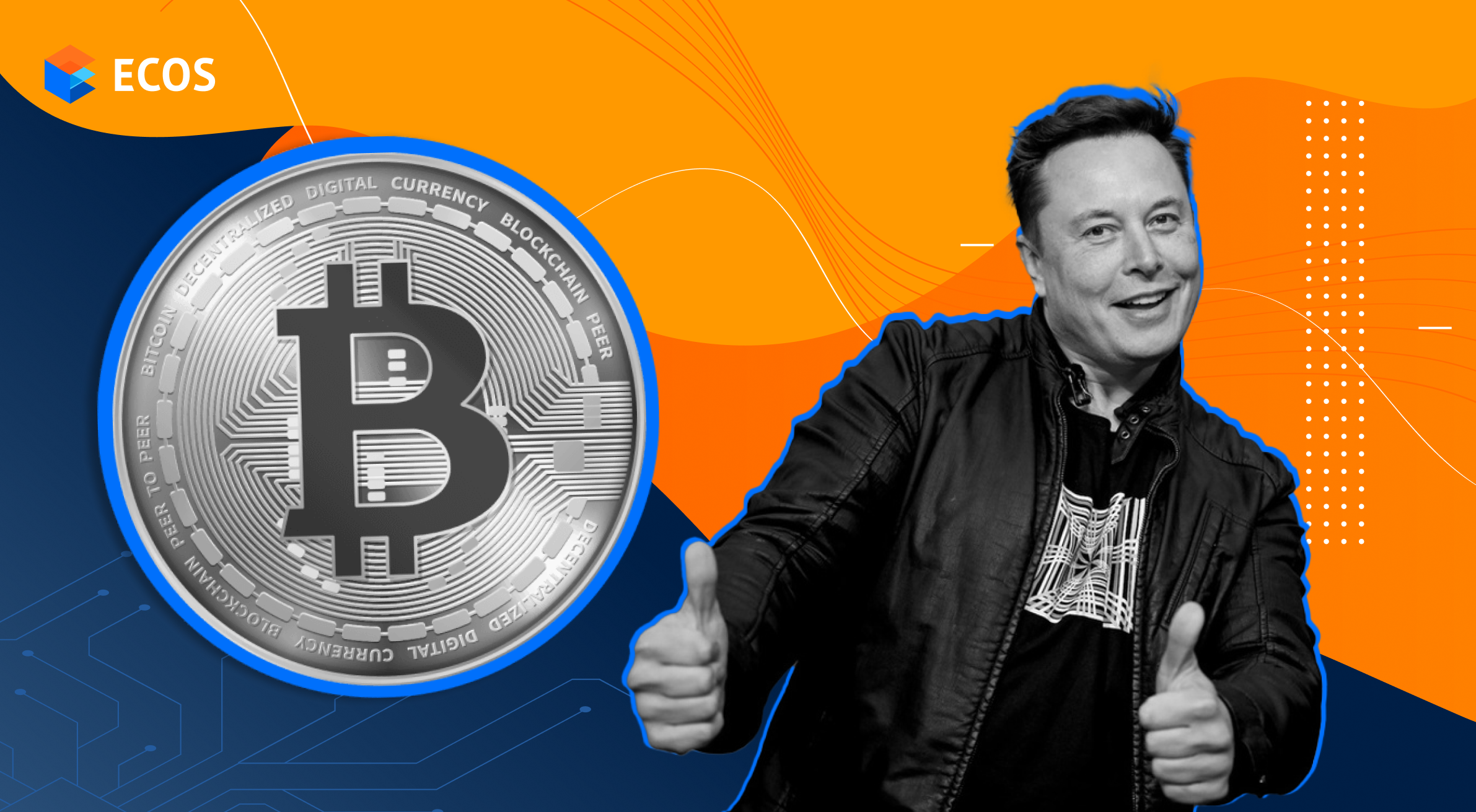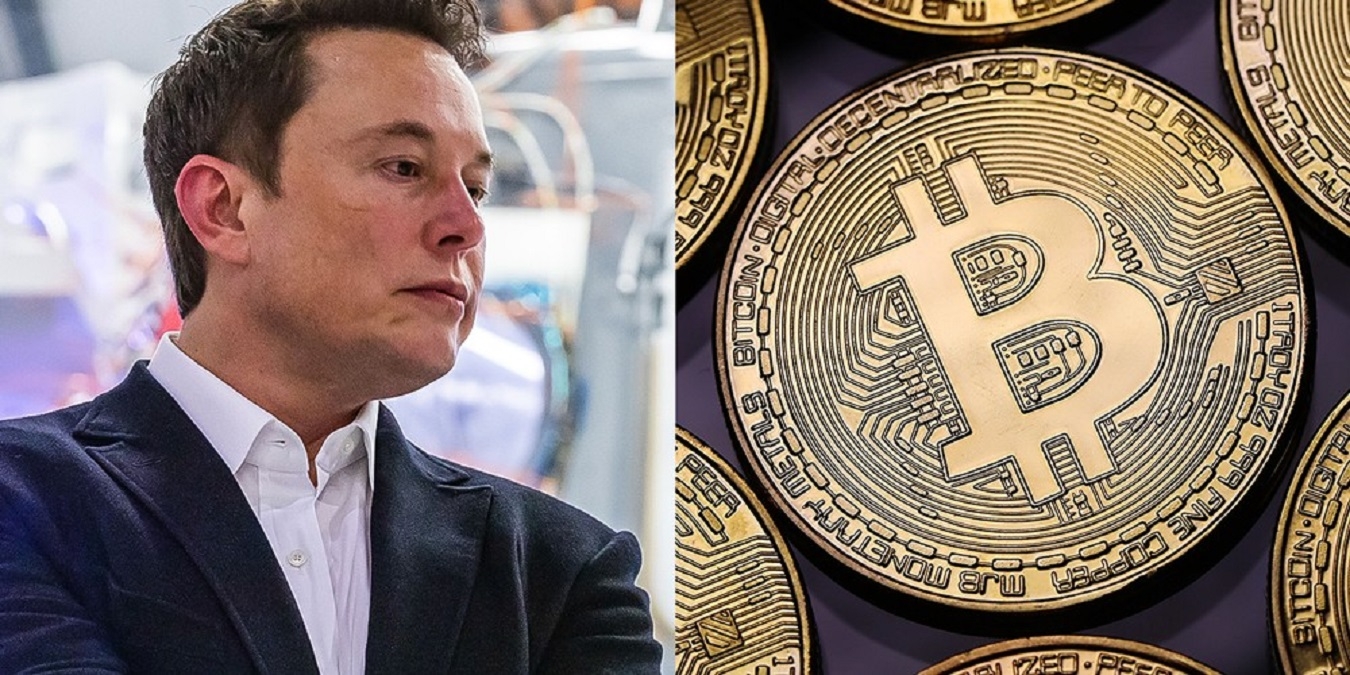Who sells bitcoins? This question opens the door to a world of cryptocurrency transactions, where individuals and businesses alike engage in the buying and selling of digital assets. In this comprehensive guide, we delve into the various platforms, exchanges, and marketplaces that facilitate these transactions, empowering you with the knowledge to navigate the bitcoin market with confidence.
From reputable online platforms to peer-to-peer marketplaces, we explore the key features, advantages, and disadvantages of each option. We also shed light on bitcoin ATMs and over-the-counter (OTC) trading, providing a holistic understanding of the bitcoin buying and selling landscape.
Platforms
There are several reputable online platforms where users can buy and sell bitcoins. These platforms offer various features and services to facilitate secure and convenient transactions.
Here’s a comparative analysis of some of the leading platforms:
Fees
| Platform | Maker Fee | Taker Fee |
|---|---|---|
| Coinbase | 0.50% | 0.50% |
| Binance | 0.10% | 0.10% |
| Kraken | 0.16% | 0.26% |
Security Measures
| Platform | 2FA | SSL Encryption | Cold Storage |
|---|---|---|---|
| Coinbase | Yes | Yes | Yes |
| Binance | Yes | Yes | Yes |
| Kraken | Yes | Yes | Yes |
User Ratings
| Platform | Trustpilot | Google Play | App Store |
|---|---|---|---|
| Coinbase | 4.3 | 4.2 | 4.5 |
| Binance | 4.2 | 4.1 | 4.3 |
| Kraken | 4.1 | 4.0 | 4.2 |
Exchanges: Who Sells Bitcoins
Cryptocurrency exchanges play a pivotal role in facilitating bitcoin transactions, providing a platform for buyers and sellers to connect and trade bitcoins securely and efficiently. These exchanges offer various features, including order matching, liquidity provision, and custody services, enabling users to buy, sell, and hold bitcoins.
There are several types of cryptocurrency exchanges available, each with its own advantages and disadvantages. Centralized exchanges (CEXs) are operated by a single entity that manages user funds and transactions, providing a user-friendly interface and often offering a wide range of trading pairs.
However, CEXs may be subject to regulatory scrutiny and may hold user funds, introducing potential risks.
Decentralized exchanges (DEXs) operate on a peer-to-peer (P2P) network, eliminating the need for a central authority. DEXs offer greater privacy and security as users retain control of their private keys. However, DEXs may have lower liquidity and more complex trading interfaces, making them less suitable for beginners.
Popular Bitcoin Exchanges
Some of the most popular bitcoin exchanges include Binance, Coinbase, Kraken, and Gemini. Binance is the largest cryptocurrency exchange by trading volume, offering a wide range of trading pairs and advanced trading features. Coinbase is a user-friendly exchange that is popular among beginners, while Kraken is known for its robust security measures and institutional-grade trading services.
Gemini is another reputable exchange that focuses on security and compliance.
Peer-to-Peer Marketplaces
Peer-to-peer marketplaces facilitate direct transactions between bitcoin buyers and sellers, eliminating the need for intermediaries. These platforms provide a decentralized environment where individuals can connect and negotiate prices and terms.
Benefits of Peer-to-Peer Marketplaces, Who sells bitcoins
- Lower fees:P2P marketplaces typically charge lower fees than exchanges, making them more cost-effective for small transactions.
- Privacy:Transactions are often conducted anonymously, providing a higher level of privacy than exchanges.
- Flexibility:P2P marketplaces offer greater flexibility in terms of payment methods and transaction sizes.
Risks of Peer-to-Peer Marketplaces
- Counterparty risk:There is always the risk of dealing with unreliable or dishonest counterparties.
- Scams:P2P marketplaces can be a target for scammers, so it is important to be vigilant.
- Limited liquidity:The liquidity of P2P marketplaces can vary, making it difficult to execute large transactions quickly.
Success Stories
Numerous individuals have successfully bought and sold bitcoins through peer-to-peer marketplaces. One notable case study is that of Erik Voorhees, the founder of ShapeShift, who purchased his first bitcoins on a P2P marketplace in 2011.
Bitcoin ATMs

Bitcoin ATMs are physical kiosks that allow users to buy and sell bitcoins using cash. They are similar to traditional ATMs, but they are designed specifically for bitcoin transactions. Bitcoin ATMs are becoming increasingly popular, as they provide a convenient and secure way to buy and sell bitcoins.To buy bitcoins using a bitcoin ATM, you will need to first create a bitcoin wallet.
Once you have a wallet, you can insert cash into the ATM and select the amount of bitcoins you want to buy. The ATM will then dispense bitcoins into your wallet.To sell bitcoins using a bitcoin ATM, you will need to first insert your bitcoins into the ATM.
The ATM will then dispense cash into your account.Bitcoin ATMs typically charge a fee for their services. The fee varies depending on the ATM operator, but it is typically around 5-10%. Bitcoin ATMs also have a daily limit on the amount of bitcoins that can be bought or sold.
Advantages of Using Bitcoin ATMs
- Convenient: Bitcoin ATMs are located in convenient locations, such as shopping malls and grocery stores.
- Secure: Bitcoin ATMs are secure, as they are equipped with security features such as cameras and alarms.
- Fast: Bitcoin ATMs are fast, as transactions are typically completed within minutes.
Disadvantages of Using Bitcoin ATMs
- Fees: Bitcoin ATMs typically charge a fee for their services.
- Limits: Bitcoin ATMs have a daily limit on the amount of bitcoins that can be bought or sold.
- Availability: Bitcoin ATMs are not available in all locations.
Over-the-Counter (OTC) Trading

Over-the-counter (OTC) trading in the context of bitcoin transactions refers to private, off-exchange transactions conducted directly between two parties without the involvement of a centralized exchange.
OTC trading offers several benefits compared to exchange-based trading. Firstly, it allows for large-volume transactions that may not be feasible on exchanges, as there are no order book constraints. Secondly, OTC trading provides greater privacy and discretion, as transactions are not publicly recorded on an exchange’s order book.
Thirdly, OTC trading offers more flexibility in terms of pricing and settlement options, allowing for customized arrangements between the parties involved.
However, OTC trading also has its drawbacks. The lack of transparency and regulation can increase the risk of fraud or counterparty default. Additionally, OTC trading typically requires a higher level of trust between the parties involved, as there is no central authority to enforce the terms of the transaction.
Some examples of OTC trading platforms include OTCQX, tZero, and Genesis Global Trading. These platforms facilitate OTC transactions between institutional investors, hedge funds, and other large-volume traders. The trading volumes on OTC platforms can vary significantly, depending on the platform and the market conditions.
Conclusion

Whether you’re a seasoned trader or just starting your cryptocurrency journey, this guide equips you with the essential knowledge to make informed decisions about who sells bitcoins and how to navigate the market effectively. By understanding the different platforms and methods available, you can optimize your trading experience and maximize your returns.
FAQ
What is the most secure platform to buy and sell bitcoins?
The security measures implemented by different platforms vary, so it’s important to research and compare their security features before making a decision.
What are the fees associated with buying and selling bitcoins?
Fees vary depending on the platform or method used. Some platforms charge a flat fee, while others charge a percentage of the transaction amount.
How can I avoid scams when buying or selling bitcoins?
Be wary of unsolicited offers or requests for personal information. Only deal with reputable platforms and individuals, and always verify the authenticity of any transaction before proceeding.
